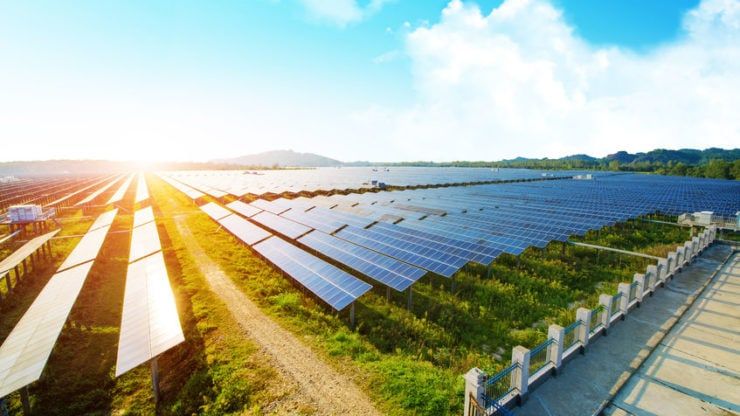Chinese companies have poured more than $100 billion into overseas clean energy technology projects since the beginning of 2023, according to research from Australian group Climate Energy Finance (CEF).
The surge in investments is driven by a need to navigate tariffs imposed by the United States and other countries on Chinese-made products.
As the world’s largest producer and exporter of key green technologies such as solar panels, lithium batteries, and electric vehicles, China’s manufacturing capabilities lead the global market by a considerable margin.
The CEF report highlights that China dominates 32.5% of global electric vehicle exports, 24.1% of lithium battery production, and 78.1% of solar panel manufacturing.
Trade tensions escalate with major economies
Despite its leadership in cleantech, China’s growing influence has raised concerns among its trading partners, with allegations that it leverages surplus production to flood international markets and undercut competitors.
In response, the United States and Canada have imposed 100% tariffs on Chinese electric vehicles, while tariffs on solar panels and lithium batteries are set at 50% and 25%, respectively.
The European Union is also preparing to vote on similar trade measures in the coming days.
CEF analyst Xuyang Dong explained that Chinese private firms are ramping up foreign investments to mitigate these rising trade barriers.
Dong told Reuters:
The investments from Chinese private companies are largely driven by the need to circumvent trade barriers.
For example, electric vehicle giant BYD is investing $1 billion in a new plant in Turkey to avoid a proposed EU tariff of nearly 40%, while battery maker CATL is setting up factories in Germany, Hungary, and other countries.
China’s cleantech dominance sparks concerns of oversupply
China’s dominance in the cleantech industry is not without its challenges.
A separate study by the Grantham Institute in the UK projected that by 2030, two-thirds of China’s cleantech production capacity will exceed its domestic needs, forcing the country to seek additional export markets.
Solar production alone is expected to reach 860 gigawatts.
While this capacity surplus positions China as a formidable player in global cleantech, it also intensifies trade disputes, particularly in regions where domestic manufacturers are struggling to compete with China’s low-cost exports.
China criticizes tariffs, citing climate concerns
In response to the escalating tariffs, China has pushed back, arguing that restrictions on its exports will slow down global efforts to combat climate change.
Senior Chinese climate envoy Liu Zhenmin warned in March that decoupling from China’s manufacturing capabilities could increase the global cost of transitioning to cleaner energy by 20%.
As the world seeks to accelerate the shift to renewable energy, China’s cleantech investments and its role in the global supply chain remain central to the conversation.
However, ongoing trade tensions pose a significant challenge to the international cleantech market’s stability and future growth.
The post China invests over $100 billion in overseas cleantech to sidestep tariffs, report reveals appeared first on Invezz

